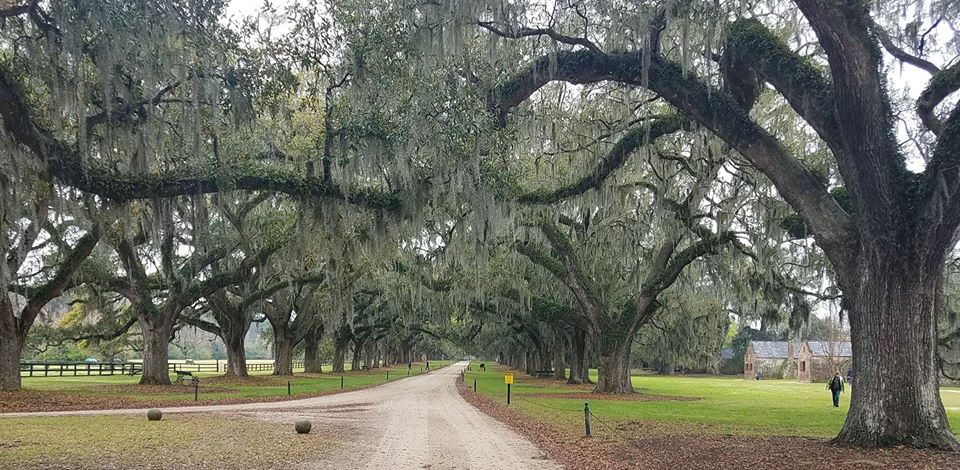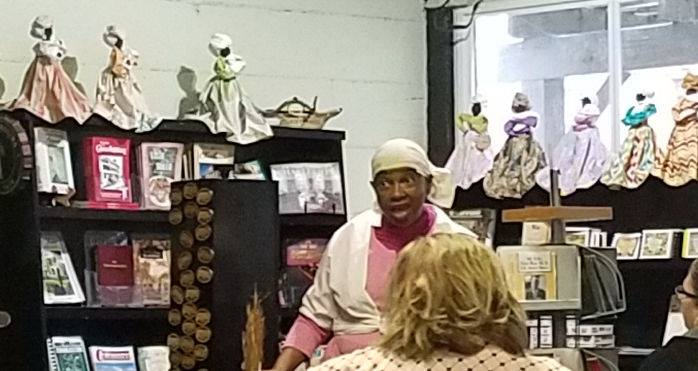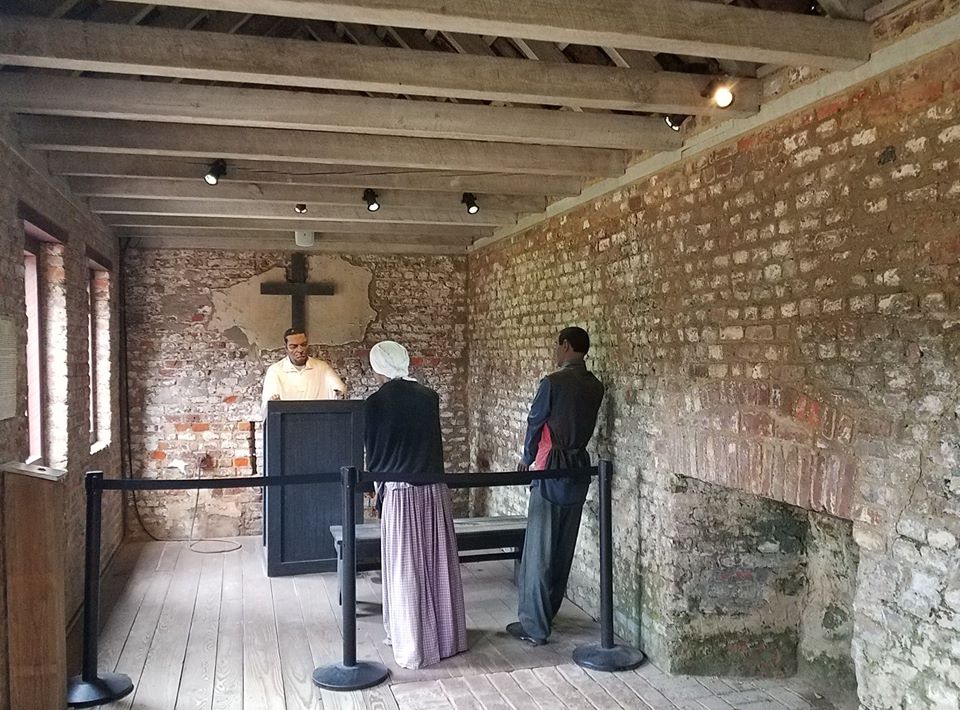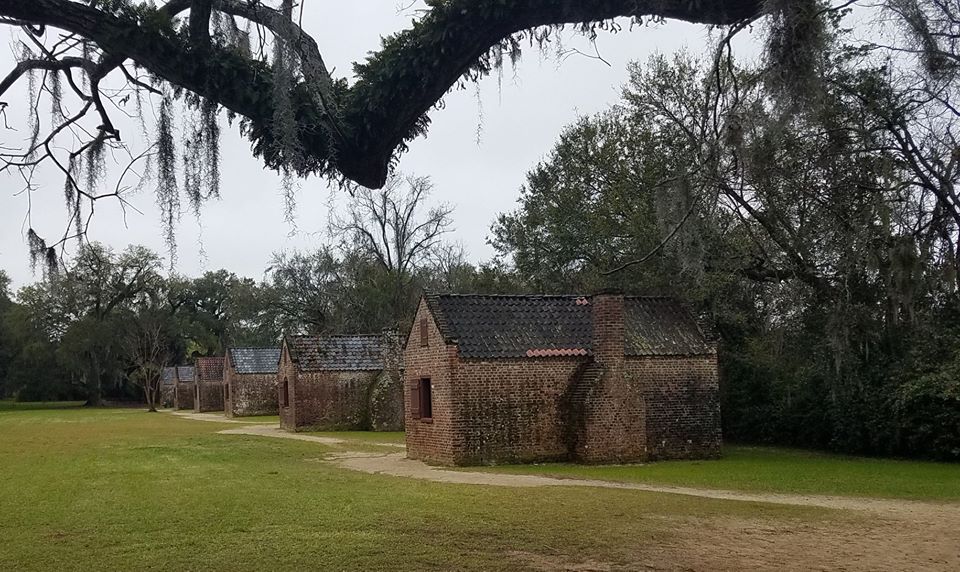I learned about the language at a lecture about thirty years ago. It is a dialect of English, but with lots of forms and words from various west African languages and languages like Portuguese or Spanish.
Gullah is still spoken along the coast from Florida to Southern Virginia. There are lots of variations among speakers. A native speaker of standard American English can understand Gullah, but not all of it. Some of the misunderstanding comes from colorful idioms and phrases, not the language itself.
The Gullah language has penetrated American English & culture in many ways. George Gershwin went to South Carolina to study Gullah to write “Porgy & Bess.” But Gullah developed generally separate from standard English and English dialects spoken by some African-Americans.
Traditional Gullah is dying out. All languages are dynamic, always becoming something else. I read that Virginia once had seven distinctive dialects. Now they are mixed and matched. You have to talk to old people to hear the old languages, or even listen to audio recordings.
We listened to a presentations on Gullah at Boone Hall plantation. I wish that it had been more about language itself, but Chrissy pointed out that it might bore most everybody except me.
The New Testament has been translated into Gullah. The woman talking about the Gullah language read the Lord’s Prayer in Gullah. You can see it below written phonetically.
We Fada wa dey een heaben, leh everybody honor your name. We pray that soon ya gwine rule over de world. Wasoneba ting ya wahn, leh um be so in dis world, same like dey in heaven. Give we the food what we need dis day, yah, an eb’ry(every)day. Forgive we for we sin, cause we da’ forgive dey what do bad to we. Let we don’t hard tests wen Satan try we. Keep we from evil.
For comparison, this is the same thing in Middle English, the kind of Chaucer would have heard, from which our standard English & Gullah evolved.
Oure fadir that art in heuenes, halewid be thi name; thi kyngdoom come to; be thi wille don, in erthe as in heuene. Yyue to vs this dai oure breed ouer othir substaunce, and foryyue to vs oure dettis, as we foryyuen to oure dettouris; and lede vs not in to temptacioun, but delyuere vs fro yuel. Amen.
Notice it is NOT simply ungrammatical English. It is a dialect with its own rules and rich heritage.
When I worked at Smithsonian I came in contact with research by Lorenzo Dow Turner, a linguist who studied the Gullah language of the South Carolina lowlands. At that time, most people thought Gullah was just bad English. Turner demonstrated the connections between Gullah and West African languages in some grammar and many words. He then went to Brazil and found similar connections in the Brazilian Portuguese of the African diaspora in the Brazil, especially in Bahia and Pernambuco.
My first picture shows the woman speaking about Gullah. Next is the row of slave cabins. These were for the better off among them. Following is a reconstructed slave church. After that is the oak alley, with live oaks planted around 1840. This has been featured on many pictures and movies. Last is a view from the church window.





